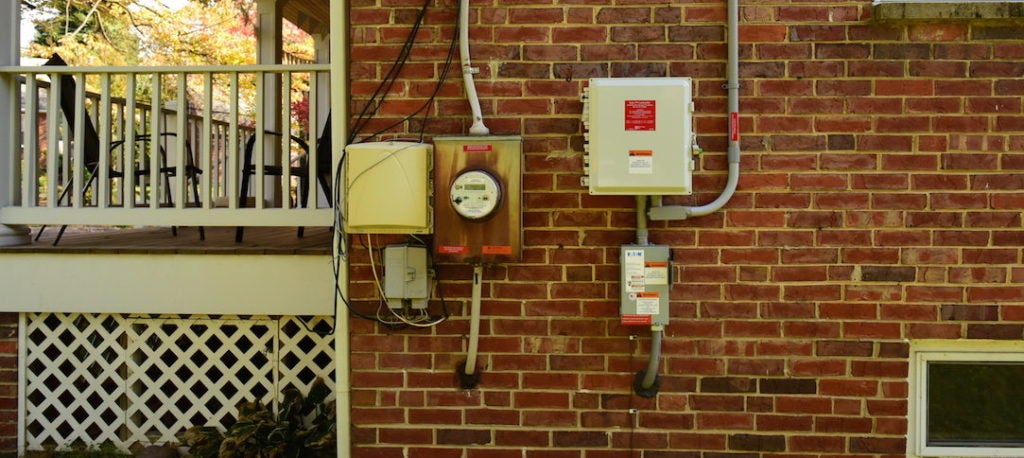Monopoly utilities try to throw wrench in solar adoption

Last month, I testified before West Virginia’s Public Service Commission (PSC) in Charleston on behalf of solar owners from across the state. I was there to explain why Commissioners should deny a request by monopoly utilities to force solar owners to install an additional electric meter before they go solar. This unnecessary requirement would increase the cost of going solar while providing no benefit to utility customers, whether they have solar or not. The utilities’ own testimony makes it clear that their request is simply an attempt to make it harder for West Virginians to go solar.
Utility proposition would penalize solar to no one’s benefit
The utilities offered no firm estimate for what installing these meters would cost. They only state the unknown installation costs should be borne by net-metered customers. But, if installing this additional equipment would benefit all ratepayers through improved utility load planning and operations management, as the utilities claim, then all ratepayers should share the cost of such equipment upgrades, rather than singling out solar owners.
The utilities were unable to prove that additional meters are actually needed for purposes of utility load planning. Their own testimony failed to give a single example of a case where the addition of these meters is needed to help track or better manage electricity load on even one local circuit of the electric grid, much less for a utility’s entire service territory.
Maine utilities recently imposed similar requirements on solar customers. Earlier this year, Maine state legislators specifically pointed to the high cost to ratepayers for installation of dual metering equipment as a significant factor leading to their decision to repeal the state’s “gross metering” program and reinstate standard net metering (see here and here).
Similarly, West Virginia’s PSC wisely decided to maintain net metering earlier this year. This ruling ensures solar homeowners receive fair credit for the electricity we produce. Perhaps these reasons are why the PSC’s own staff agree that requiring an additional meter is unnecessary. Forcing solar homeowners to install redundant hardware cuts against this fair system.
The PSC must issue a final ruling on this order within six months. Rest assured that Solar United Neighbors will continue monitoring this case and will keep fighting for the rights of solar owners and solar supporters! To get involved and support our work, visit our website.
